Si Steers takes a look at whether Moneyball can work in football; and where Liverpool need to learn that statistics are only part of the answer.

The planning process in football is an inexact science. The past has told us that even by spending vast amounts of money bringing together the best players in the world; it still does not guarantee success. Games can be won by individuals, but titles are won by the best team. The best team isn’t always the most expensive one.
When Ronaldo left United for £80m a lot of observers genuinely thought he would be irreplaceable. But taking a fraction of that fee to bring in Antonio Valencia has given United similar strengths; albeit with less flair. Football is never about the individual; it is about the sum of all parts. It is about having a tactical blueprint and sourcing the right players to come in and fill those positions.
Sometimes those players can be expensive; other times not. Take a look at Newcastle this season; they have scouted sensationally well. They have got the right players in at little cost; and it has worked for them. Pardew was the only manager that took a gamble on Ba; and he has been repaid in emphatic style. It isn’t always about spending big money, it is just about finding the right fit.
The maximum amount Wenger has ever spent on a player is £15.8m when he signed Nasri. That is an incredible stat when you think that Liverpool has spent over that on 8 players (Carroll, Suarez, Torres, Downing, Keane, Auqalini, Mascherano, and Henderson) and we have only finished above Arsenal once in recent years.
Swapping Ronaldo for Valencia, what Newcastle have done this season, and the approach that Wegner follows could all be classified as footballing versions of ‘moneyball’. In each case they have identified the strengths they have needed; and recruited players that fit that model. Value has been achieved through effective scouting.

People will rightly question Liverpool’s approach in the transfer market last summer. But there is a lack of appreciation at outside factors that will have influenced our strategy. The lack of CL football prevented us from even sitting down with Ashley Young and Phil Jones who both decided to go to United: the same with Juan Mata.
Despite the failure to impress so far each of our new signings had solid Premier League experience and good seasons previously. If you look at the statistics for Downing and Henderson they both excelled in chance creation. Both are intelligent footballers; and both have strengths that are important to the functioning of our side.
Perhaps the issue with our summer signings is as much down to team structure and formation as anything. It is no surprise that since the loss of Lucas; our tactical plan has faltered. Within our team structure, the defensive midfield role is absolutely critical: and what Lucas gives us is outstanding protection and sensible passing. We have had to absorb his loss into the side, and we have lost direction as a result.








The fact remains that FSG believe that moneyball principles can help Liverpool to bridge the financial and quality gap; I don’t believe our strategy is based entirely on moneyball. But statistics and attributes are a key part of what we are looking for when recruiting players.
I would expect us to broaden our search this summer; British players do have excellent attributes as footballers, but they do lack the technical ability of Latin players. Despite statistics and data analysis being useful recruitment tools: they cannot be used to understand a player’s mentality, and they shouldn’t be a barrier to that sprinkling of flair, creativity, and doing the unexpected which separates the best from the rest at the top of the game.
I think the basic principles of moneyball can work in football if applied to the game: it is about getting the balance right. I am not sure we quite achieved that last summer in our recruitment policy; but this is a learning curve for the Club. We do have good people with good intentions running the Club; to bridge the quality gap (with financial constraints and no CL football) it will need some trial and error.
We have spent money, but if you look at it in context it is nowhere near the £100m people talk about. Our net spend is closer to £40m, and we have also reduced wages at the Club and reduced the average age in the squad. It isn’t just about the players we have signed; it is also about the players we have been able to ship out.
Despite a poor league campaign it is still too early to judge Dalglish, Comolli, FSG and the signings we have made. The return of Lucas next season and further acquisitions this summer will make the team better. They will bring better performances out of individual players.
What we are doing at the moment is searching for the right formula that will give us the best opportunity to bridge the gap in quality and resources. Despite being frustrated at our league form, I am appreciative that the Club is trying to be progressive in direction.





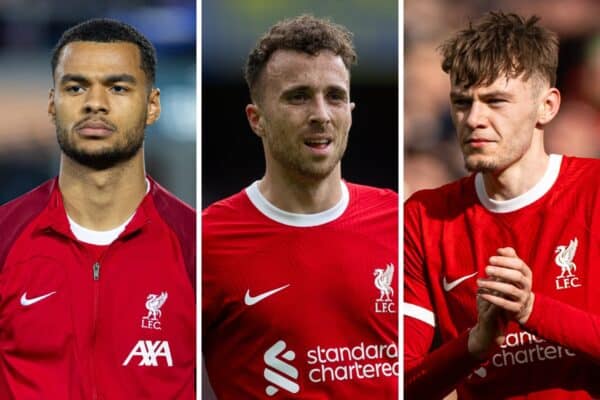
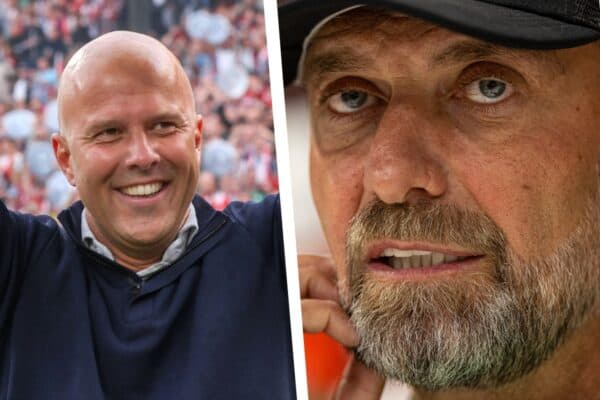
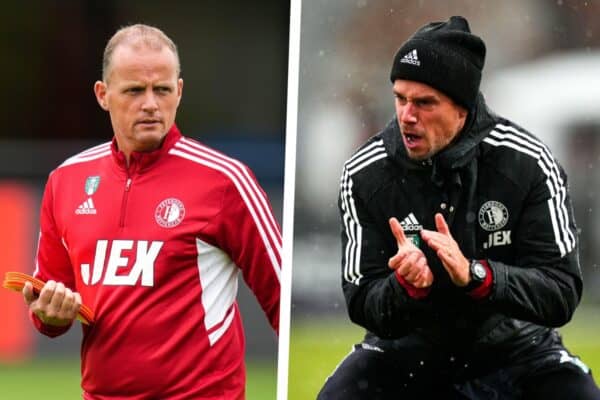
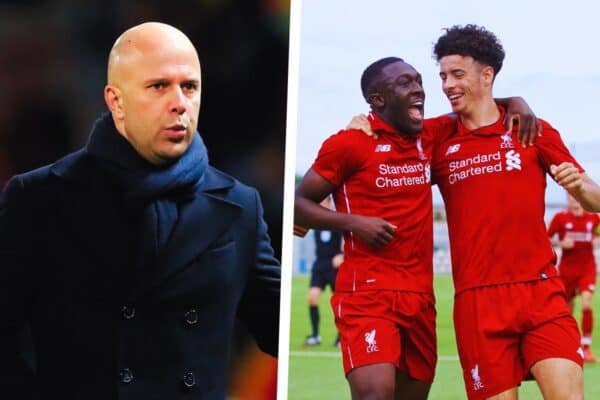
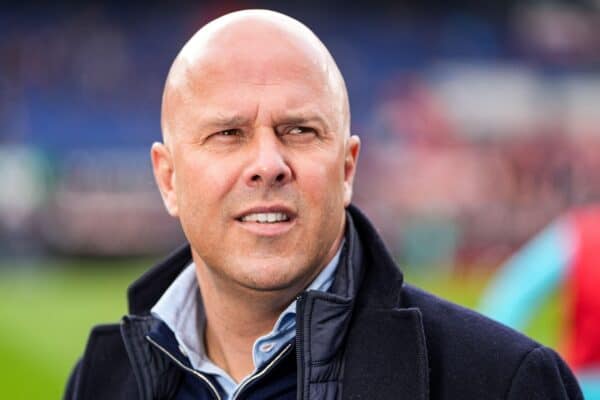
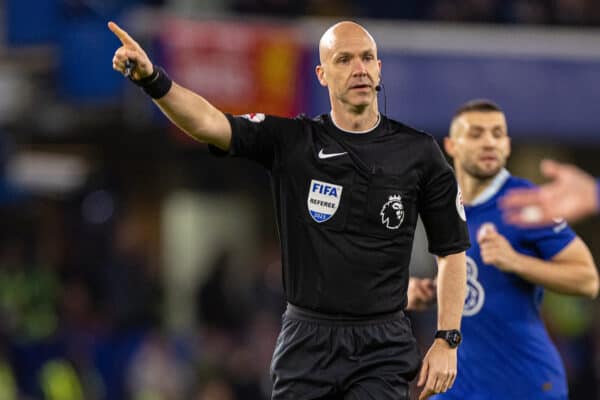
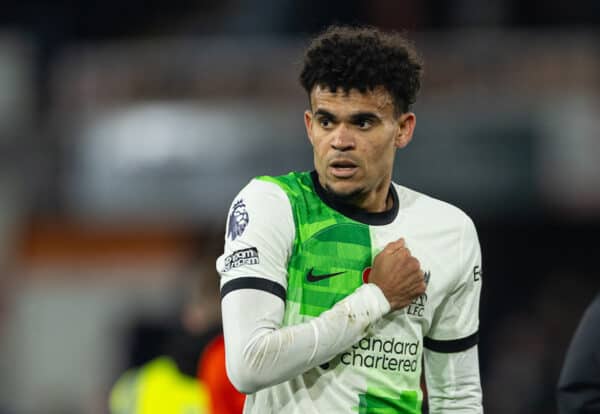
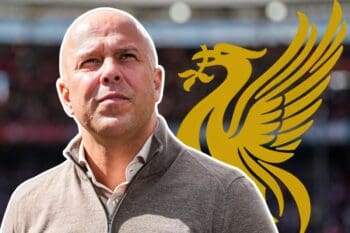

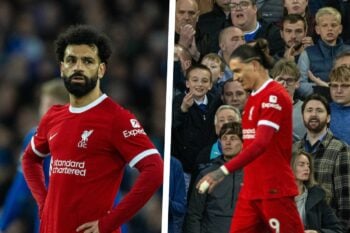
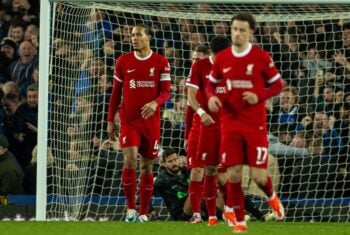

Fan Comments